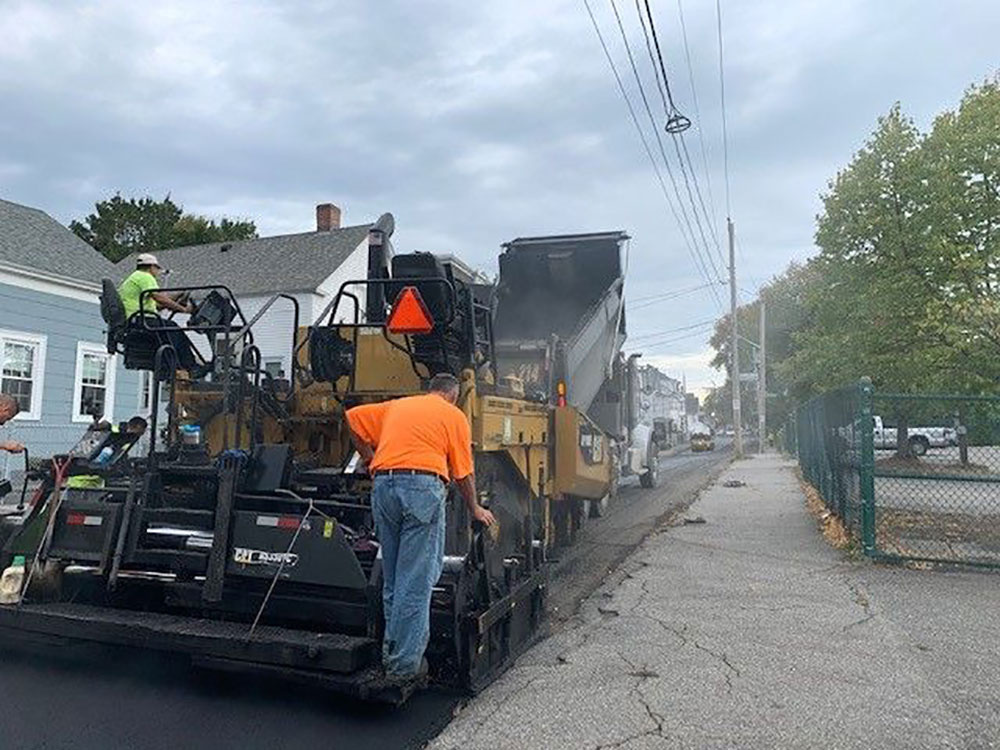Haverhill Mayor James J. Fiorentini says he’s happy both branches of the state legislature are moving toward compromise on road money, but has concerns the base amount doesn’t keep up with inflation and an additional amount in grants makes it difficult to plan.
The House and Senate both approved legislation authorizing $200 million for the Chapter 90 program and another $150 million in transportation-related infrastructure grants. Lawmakers, however, have been unable to agree on where to direct $25 million of those grants. Now, they’ve named a six-lawmaker conference committee led by Transportation Committee Co-chairs Rep. William Straus and Sen. Brendan Crighton to find a compromise. A final bill and decision could come Thursday, but the mayor says he hopes legislators will add money by then.
“If it’s level funded, we can pave 30% fewer streets than we could, say, five years ago when the level funding started,” he notes.
Fiorentini said the state’s mayors are united through the Massachusetts Mayors’ Association in support of more street repair money, especially allocations without strings attached. He explains the grant portion of the legislation, such as the state’s “Complete Streets” program, requires communities to not just fix potholes and pave roads, as residents want, but to also add bicycle lanes, new sidewalks, street lights, traffic signals and more. He said the street reconstruction going on at the intersection of Main Street and Marsh Avenue is an example.
Worse, Fiorentini says, there’s no guarantee the city will receive any of the grants. “The grant money means you have to put in for it. You may get and you may not, but more importantly, what it means is that you can’t do long-range planning.”
No matter what happens, Fiorentini notes, the city can do more this year because of one-time federal American Rescue Plan Act money.
“We’re going to us a million dollars in ARPA money for roads and sidewalks and $200 million (statewide) gives us $150,000, which is what we spend every year and it is nowhere near enough, no. We’ll have to supplement that with local money,” he adds.
Legislative leaders previously told lawmakers to prepare for potential formal sessions on Thursday, which might feature final approval of the packages.
State House News Service contributed to this report.
